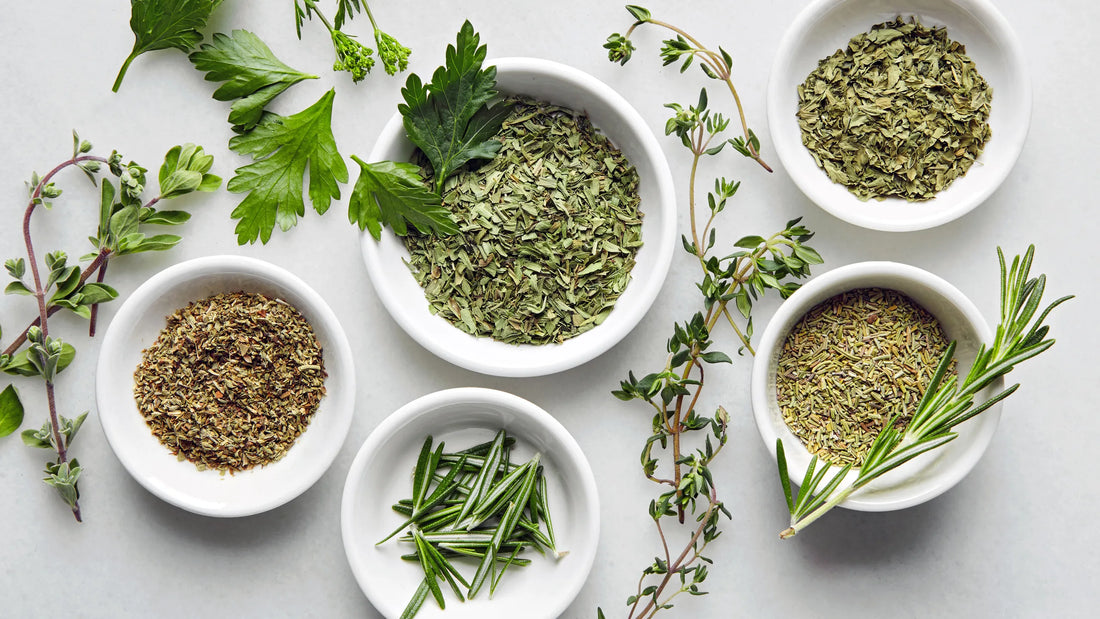
all natural anxiety medication
Share
Navigating the world with anxiety can feel overwhelming, and many people are looking for ways to find relief. While traditional medication is a proven and effective treatment for many, a growing number of individuals are exploring "all-natural" anxiety solutions. This can include everything from herbal supplements to significant lifestyle changes.
It's important to remember that the term "all-natural" doesn't necessarily mean "risk-free." Always consult with a healthcare professional before starting any new regimen, especially if you are currently taking other medications, are pregnant, or have underlying health conditions.
Here’s a look at some of the most popular natural approaches to managing anxiety.
1. The Power of Movement: Exercise and Yoga
Exercise isn't just good for your body; it's a powerful tool for your mind. Regular physical activity, particularly aerobic exercise, has been shown to reduce anxiety symptoms by increasing endorphins and reducing cortisol, the body's primary stress hormone. Even a single session of exercise can provide temporary relief, and consistent activity can lead to long-term improvements.
-
Aerobic Exercise: Think walking, jogging, cycling, or swimming. These activities get your heart rate up and have been shown to be as effective as some antidepressants for people with mild to moderate anxiety.
-
Mindful Movement: Practices like yoga and Pilates combine physical postures with deep breathing and meditation. This combination can calm the nervous system, reduce muscle tension, and promote a sense of well-being.
2. The Gut-Brain Connection: Nutrition and Diet
What you eat can have a profound impact on your mental state. A diet rich in processed foods, sugar, and caffeine can exacerbate anxiety, while a nutrient-rich diet supports overall brain function and emotional stability.
-
Magnesium: This mineral is known for its ability to calm the nervous system and reduce muscle tension. You can find it in leafy green vegetables, nuts, seeds, and whole grains.
-
Omega-3 Fatty Acids: Found in fatty fish like salmon, as well as in flaxseed and walnuts, omega-3s are essential for brain health and have been linked to reduced anxiety symptoms.
-
B Vitamins: These are critical for stress resilience and can be found in a variety of foods, including eggs, meat, and fortified cereals.
-
Probiotics: Research is exploring the fascinating link between the gut and the brain. Probiotic-rich foods like yogurt, kimchi, and sauerkraut may support a healthy gut microbiome, which in turn can influence mood.
3. The Calming Effects of Herbs and Supplements
For centuries, various herbs and supplements have been used for their calming properties. While research on many of these is ongoing, some have shown promising results.
-
Ashwagandha: An adaptogenic herb from Ayurvedic medicine, ashwagandha is believed to help the body adapt to stress and reduce cortisol levels.
-
L-theanine: This amino acid, found in green tea, promotes a state of calm focus without causing drowsiness.
-
Chamomile: Often enjoyed as a tea, chamomile has mild sedative properties and may help with generalized anxiety disorder.
-
Valerian: Valerian root is commonly used to improve sleep, but some studies suggest it may also help reduce stress and anxiety.
-
Lavender: Used in aromatherapy or consumed as an oral supplement, lavender is known for its ability to ease restlessness and promote relaxation.
Important Note: Herbal supplements are not regulated in the same way as pharmaceuticals. Their potency and purity can vary widely. Always choose a reputable brand and discuss potential side effects and interactions with your doctor. For instance, kava has been linked to serious liver damage, and some herbs can interact with blood-thinning medications.
4. Mindful Practices for a Calm Mind
Anxiety often stems from a mind that is constantly racing, worrying about the past or future. Mindfulness practices help ground you in the present moment.
-
Meditation and Breathwork: Simple techniques like box breathing (inhale for 4, hold for 4, exhale for 4, hold for 4) or the 4-7-8 method can activate the body's relaxation response. Consistent meditation practice can reduce the overactivity in the brain's fear center.
-
Journaling: Writing down your thoughts and feelings can be a therapeutic way to process anxiety, identify triggers, and gain perspective.
-
Sleep Hygiene: A good night's sleep is essential for mental and emotional recovery. Creating a calming bedtime routine, avoiding screens before bed, and maintaining a consistent sleep schedule can significantly reduce anxiety.
Finding the right approach to managing your anxiety is a personal journey. For many, a combination of these natural strategies, often in conjunction with therapy, can be incredibly effective. Remember, the goal is to build a toolkit of healthy habits and practices that support your mental well-being.
Magic Mushroom Delivery - Mushroom Delivery Victoria & Vancouver
